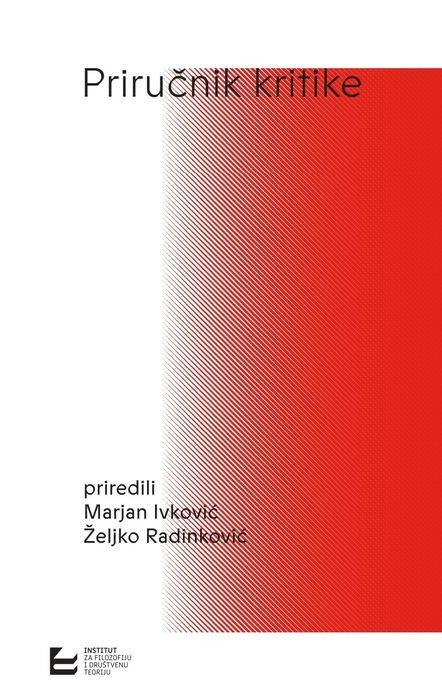Feministička kritika znanja
Feminist critique of knowledge
Author(s): Aleksandra Knežević, Katarina Lončarević, Adriana Zaharijević
Subject(s): Philosophy
Published by: Institut za filozofiju i društvenu teoriju
Keywords: Feminist; theory of knowledge; knowledge
Summary/Abstract: In the introduction to Feminist Epistemologies (1993), Linda Alcoff and Elizabeth Potter argue that from the perspective of traditional philosophy, the connection between feminism and the theory of knowledge is a kind of contradiction, even an oxymoron. If it is crucial for a theory of knowledge to establish criteria by which to arrive at a certain objective and value-neutral knowledge of the world, then it is really an oxymoron, since feminist approaches to knowledge imply bias—moreover, they aim to show it where it is by definition taken to be unquestionably absent. In a feminist critique of knowledge, rationality is not abstract and it is not unimportant who is the one who knows or seeks to know. A feminist approach to knowledge also does not take the "world" as an entity that is strictly separate from the knowers and the rules on the basis of which knowledge is established. Thus, if the modern theory of knowledge begins in a room with a fireplace, when Renatus Cartesius "deprived his mind of all cares, procured for himself a safe leisure, isolated in seclusion", finding time to "seriously and freely" devote himself "to the complete overthrow of his earlier opinions" (Descartes 1998: 15), from a feminist perspective it becomes of fundamental importance whether knowledge arises in such isolated and individual projects and whether abstract rationality, which has become convinced that her senses are not lying to her, that she is not dreaming and that the deus deceptor is not deceiving her, is actually possible at all.
Book: Priručnik kritike
- Page Range: 231-261
- Page Count: 31
- Publication Year: 2023
- Language: Serbian
- Content File-PDF

